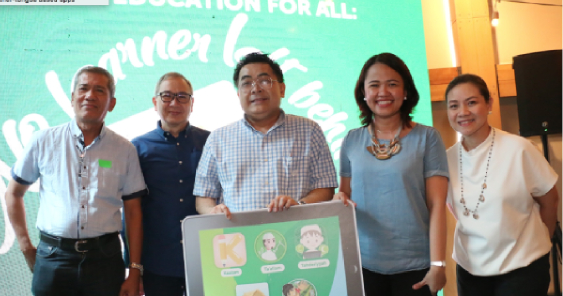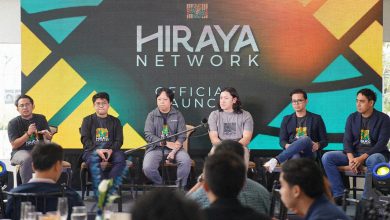As part of its advocacy of harnessing technology for education, PLDT wireless unit Smart Communications (Smart) officially launched today its pool of mobile applications that promote literacy in the mother tongue.
Dubbed as Digital Education For All: No Learner Left Behind, the event showcased five literacy apps
developed by Smart in partnership with the Department of Education (DepEd), local stakeholders, colleges
and universities. These are the Bahay Kubo Tagalog app, Kaalam Cebuano app, Taallam and Tahderiyyah
Arabic apps, and Matigsalug app for the Matigsalug tribe of Davao and Bukidnon.
“Smart believes mobile technology is uniquely positioned to help facilitate learning opportunities, which
is why we have tailored initiatives to help address the needs of our partner learning communities,” said
Ramon R. Isberto, PLDT-Smart Public Affairs Group Head.
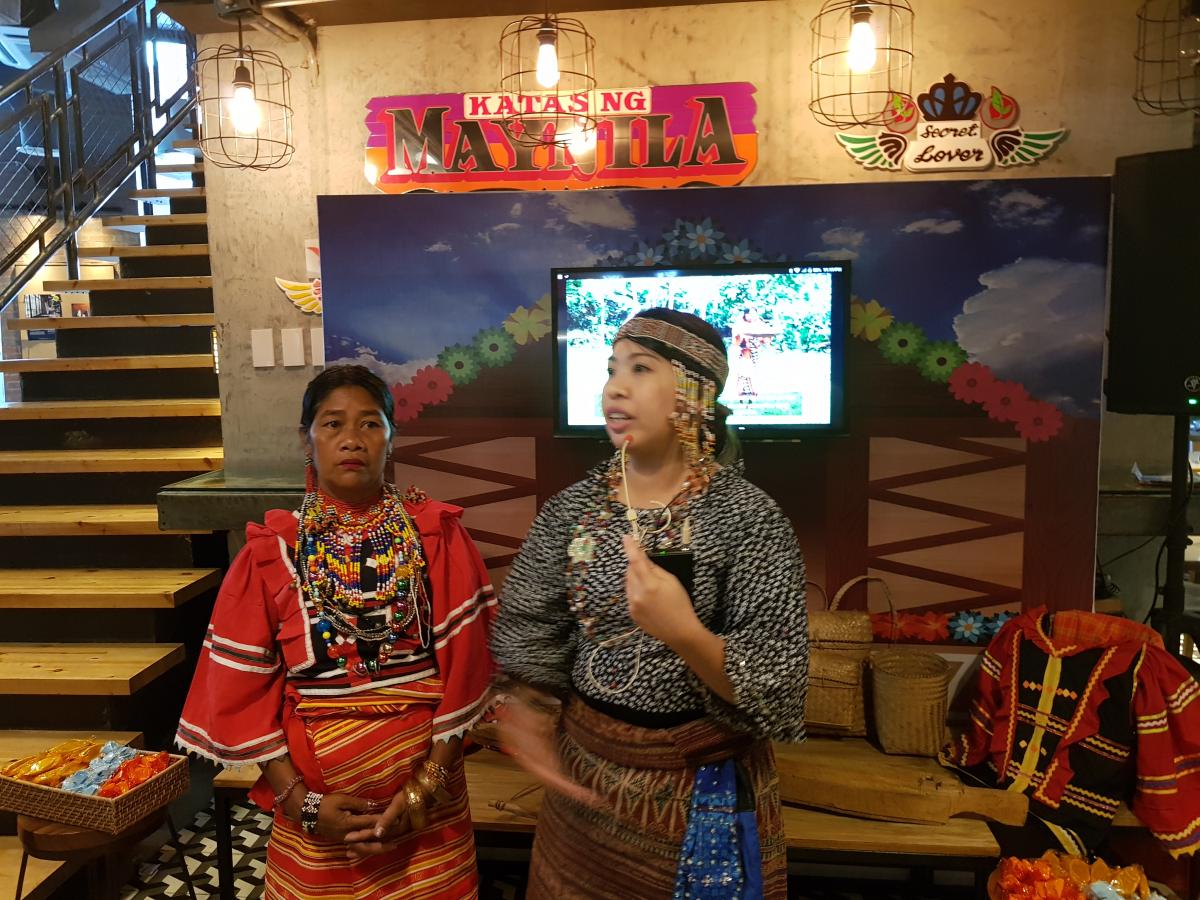
Alphabet and number games, folk stories
The Kaalam (Cebuano term for ‘knowledge’) app features folklore stories such as Ang Diwata sa Konta
and Ang Kwentas ni Ingkco Candido that were all retold by residents of Argao town in Cebu province. The
application was developed in partnership with DepEd Cebu City and Cebu Province, local government of
Argao, Cebu Technological University – Argao Campus, and University of Cebu-Banilad.
The Ta’allam (Arabic term for ‘to learn’) was developed specifically for Filipino Muslims by content and
multimedia partners such as DepEd General Santos and Sarangani, local government unit of Sarangani,
Mercy Foundation, Young Moro Professionals, and ACLC College Gensan. Aside from reading and counting
exercises, the app features Islamic prayers such as Dua, Surah, Salah, Wudhu.
The first literacy app for the Bangsamoro children, the Tahderiyyah (Arabic term for ‘Kindergarten’) app
focuses more on stories with Islamic values and expressions on top of Arabic alphabet and number games.
Its developing team consists of reps from the Bangsamoro Development Agency, FEU Institute of
Technology, and Teach Peace Build Peace Movement.
Inspired by the iconic house that has become a symbol of Filipino culture and tradition, the Bahay Kubo
interactive mobile application teaches Tagalog alphabet and numbers and will soon feature fun games
and stories. The product is a collective effort between Smart and Early Childhood Care and Development
(ECCD) Council, an attached agency of the Department of Education.
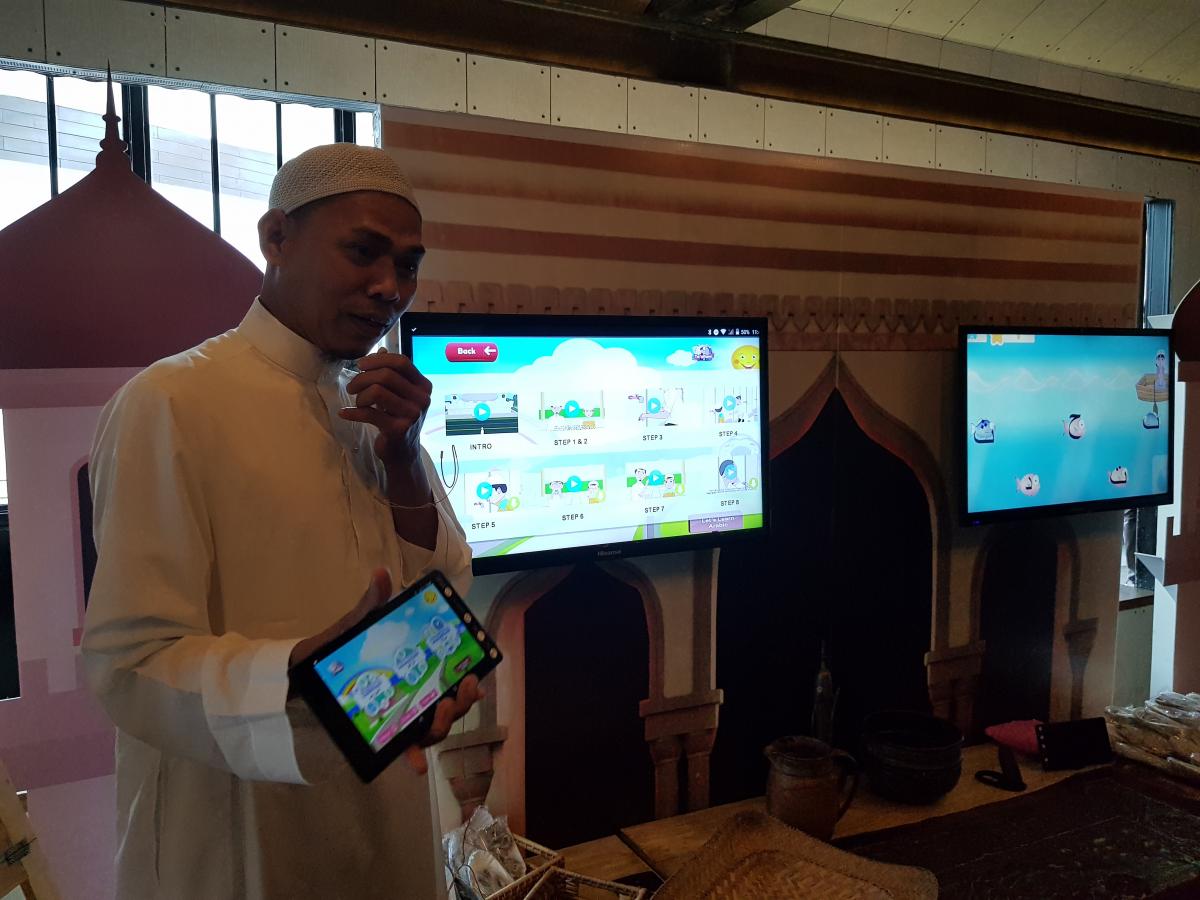
Representing indigenous peoples
The lack of localized educational materials is more evident in indigenous peoples (IP) communities, where
available learning materials are not contextualized. This is the reason why Smart developed Matigsalug, the first tribal app of its kind that showcases songs, dances, and chants from the Matigsalug tribe of Davao and Bukidnon.
With the app, users can learn how to properly pronounce Matigsalug letters and numbers and write them through app-tracing games. It was created in partnership with Matigsalug tribe of Sitio Contract, Datu Salumay, Marilog District in Davao, Pamulaan Center of IP Education, ACLC College Davao and Gensan, and Skeptron Business Solutions.
Aside from these five, Smart intends to launch more literacy apps in 2019. Among those in the pipeline
include Sanut Ilokano for Ilokano-speaking regions, Gnare Blaan and Tagakaulo for children of Sarangani,
and the Singsing Kapampangan app.
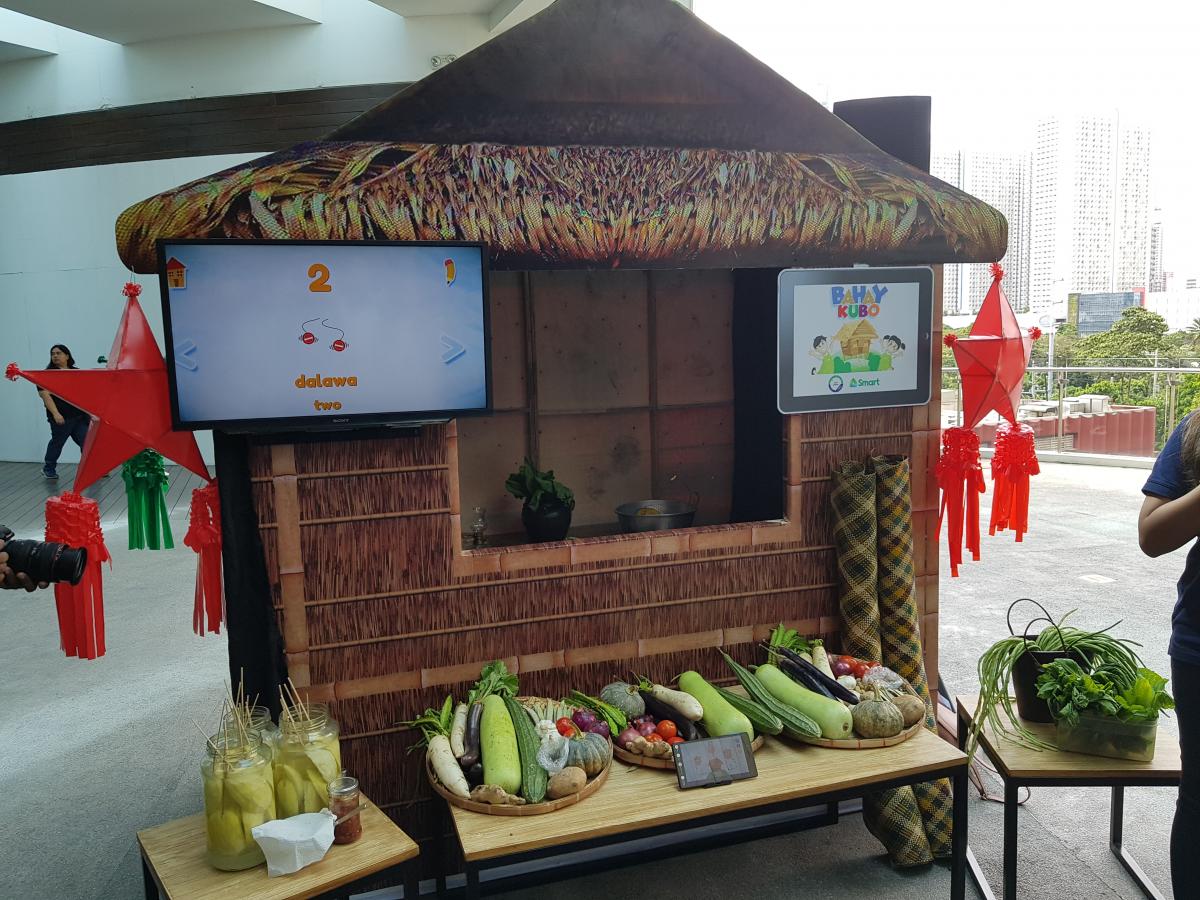
Digital portable classrooms
The targeted primary beneficiaries of the literacy apps are students, teachers, and parents of learning
communities under Smart’s School-in-a-Bag, a portable digital classroom designed to facilitate learning in
basic education. The applications are delivered through the said digital portable classrooms that contain
a teacher’s laptop, student tablets, a projector, DVD player, and pocket Wifi.
The devices are preloaded with educational content, while schools with no sufficient electricity also
receive solar panels. School-in-a-Bag beneficiaries also receive Dynamic Learning Program modules,
teacher training courses, and regular monitoring and evaluation from Smart.
No learner left behind
“Our mission is to develop mother tongue based apps as interactive tools that can help support learning
strategies, as well as help preserve and promote local culture and heritage for the present and future
generation,” Isberto explained.
Smart emphasized how strong partnerships with community stakeholders are essential in developing
Learn Smart programs. “From partnerships with government and non-government offices, local
government units, companies, academe, advocacy groups, and media, we all need to work together to
help build a nation where no learner is left behind,” said Darwin F. Flores, Smart Community Partnerships
Head.
The mother tongue based apps are available for download on Google Play. Interested parties who wish to
learn more about Smart’s educational programs can visit the Smart Communities Facebook page or email learnsmart@smart.com.ph.

